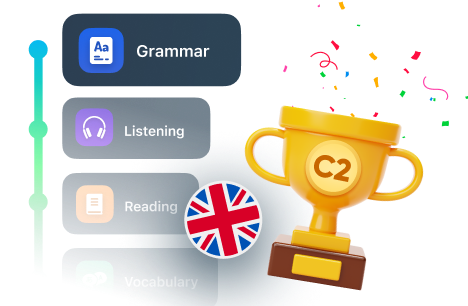
“A Unique” or “An Unique”?
The ideal rule is that “a” should be used before words with consonant sounds at the beginning and “an” before words with vowel sounds at the beginning.
Although it’s widely perceived that we use “a” for English words beginning with consonants and “an” for words starting with vowels, that’s not a fundamental grammar rule! This is one rookie mistake that needs to be avoided when creating your English content.
The ideal rule is that “a” should be used before words with consonant sounds at the beginning and “an” before words with vowel sounds at the beginning.
There has been this never-ending debate over “a unique vs. an unique.” In American English, the preceding article is often determined by the beginning letter’s sound in a word. In British English, it depends on the spelling of the word. That’s why you may see it written as “an unique.”
Which one is grammatically correct?
Is it “an unique” or “a unique”? Well, the word “unique” starts with a “u,” but when being pronounced, it makes a “y” sound (yoo-nique), which is a consonant. So, “a” should be used as the article. Although some people may use “an unique,” it’s grammatically incorrect!
For instance:
CORRECT: John has a unique perspective on the topic, and he read it the whole day.
INCORRECT: John has an unique perspective on the topic, and he read it the whole day.
From the above examples, we can clearly see the correct pronunciation form, whether “a” or “an unique.” Generally, “a” appears before words that begin with consonants if they possess the consonant sound. On the other hand, “an” precedes words that start with vowels if they have the vowel sound. This is all about sound, and to some extent, it’s a poetic rule.
No matter the type of writing you want to do, you need first to master the fundamentals of grammar before anything else to write engaging pieces of content successfully.


















